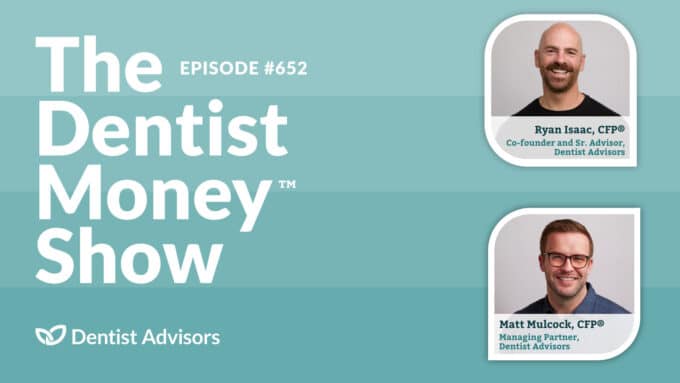Here in Utah, we love our mountains. During the summer, we love biking along the Wasatch Crest and boating in our picturesque mountain lakes near Park City. But come winter, we aggressively shift to skiing and snowboarding for as long as Mother Nature permits. (This year we actually skied for the last time on the 4th of July at Snowbird when the resort finally closed!) I’m getting excited for ski season just writing this.
After a big snowstorm, as anxious powder hounds fill lift lines, dying to be first on some ungroomed slope, an interesting thing happens. The resorts keep the lifts closed until they’ve fully checked the snowpack for areas that might be unstable. Loud booms of explosives reverberate, triggering any potential avalanches before skiers can get to that part of the mountain. And be glad—when an avalanche happens, a snow shelf breaks and the resulting slide accumulates more and more snow as it rumbles down the mountain. It’s pretty dangerous stuff.
The Miracle of Compounding
The force of an avalanche is massive and powerful. It can smash trees, break bones, or even worse. But that enormous snowslide has very small beginnings. Building wealth works in a similar way. It starts small and as you keep contributing it attracts more wealth and can eventually become an unstoppable force.

A Simple Example
Compound interest is interest earning interest. It starts modestly. For example, suppose you saved and banked $100 a year ago. That money earned 5% in interest last year. This year, you’ll be earning interest on $105, and the next year interest on $110.25, and so on. That might not seem like much, but understanding that simple fact can have a major impact on your financial success.
Einstein’s 8th wonder requires two things: the reinvestment of interest and dividends (earnings), and time for the initial investment to grow. Once you get it rolling, it gets bigger and bigger. And if you regularly add more to it, real financial magic happens.

A Real-World Example
Let’s say you wanted to accumulate $1 million by the time you turn 60. If you’re 25 you would need to invest $880.21/month at 5% interest.* If you started at age 35, it would need to be $1,679.23/month. At age 45, you’d have to invest $3,741.27/month to accumulate the same $1 million at 5% interest by age 60.
You can see why starting early is especially helpful when saving for retirement. Putting aside even a little bit in your early career gets the compounding snowball rolling and pays off over the long haul. Plus, you’re training yourself to be disciplined by saving a portion of your earnings.
Conclusion
An old Chinese proverb says, “The best time to plant a tree was 20 years ago. The second best time is now.” No matter where you are in your career set aside your regret and start saving today. Take Einstein’s word—once you get it started, wonderful things happen.
To learn more about Dentists Advisors and the importance of saving at a good rate, listen to our “Should I Pay Down Debt or Invest?” podcast.
*If you want to learn how to do math like this, download a financial calculator on your phone. Dentist Advisors typically use the HP 10BII for simple financial calculations. Here are the inputs to solve for the first equation in this article (FV = $1M, N = 420, I/YR = .42, PMT = $880.21, end of Period Compounding).




